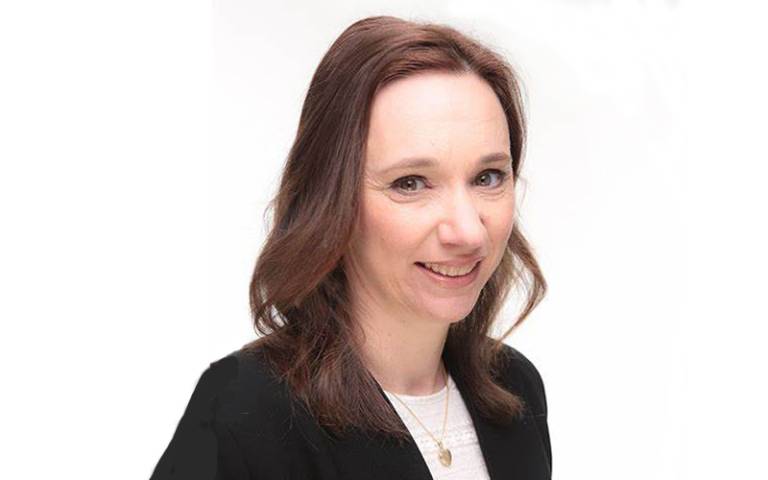Spotlight on Professor Roz Shafran
11 May 2023
Professor Roz Shafran is a clinical psychologist and professor of translational psychology at the UCL Great Ormond Street Institute of Child Health.

Could you tell us about your research into the mental health of children and young people at the UCL Great Ormond Street Institute of Child Health?
My research has two main strands and some minor ones. The first major strand is increasing access to evidence-based psychological treatments for children and young people who have mental health difficulties in the context of chronic illness. The second major strand is to understand mental health problems in young people with chronic illnesses, such as Long Covid, and to develop and evaluate new mental health interventions for them, particularly in young people with epilepsy. Examples of more minor strands are loneliness, eating disorders, and perfectionism. I work closely with my colleagues Dr Sophie Bennett and Professor Isobel Heyman across all my research projects.
A consistent theme of your work is the translation of research into clinical practice. Can you tell us more about this?
I am a clinical psychologist and I want my research to improve the lives of all those in need. I want someone who has a mental health problem to be able to rapidly access the treatments that have been shown to work. It is a source of frustration that psychological support is so hard to access and, even when treatment is offered, it is frequently not evidence-based or optimally delivered. I want my work to contribute to changing that.
What mental health problems commonly occur in young people? Are there any issues that are becoming more prevalent?
That is too big a question to answer briefly except to say that the common mental health disorders in young people are emotional and behavioural difficulties. There are some good resources on mental health problems in young people including the CYP in England National Survey and a good systematic review and meta-analysis that addresses the impact of the pandemic.
How does your work influence policy on child and adolescent mental health?
Dr Sophie Bennet, Professor Isobel Heyman, Professor Helen Cross and I are working with NHS England to roll out the Mental Health Intervention for Children with Epilepsy (MICE) that has been evaluated in a large randomised controlled trial. As part of that we are training clinicians across England to deliver the intervention. Our work has contributed to national audits. The work on increasing access to evidence-based psychological treatments for children and young people who have mental health difficulties in the context of chronic illness is primarily via drop-in mental health centres and this model – The Lucy Project – is now being rolled out across England. Together with Professor Sir Terence Stephenson and other colleagues, the work on Long Covid in young people has fed into the case definition of Long Covid in young people developed by the World Health Organisation.
What are your own successes? Can you tell us some examples of where your work has made a real difference?
We have received awards for our work, including the BMJ Award for the Lucy Project and we were the first recipients of the Eric Taylor Award for ‘Translational Research Into Practice'. However, the best examples come from families whose children have been helped by our research. Hearing that a young person has been able to return to school due to our research really does make it all worthwhile.
How does your research feed into postgraduate teaching at the UCL Great Ormond Street Institute of Child Health?
At the moment, I am primary supervisor for three PhD students, and second supervisor for several more. The students all contribute to the postgraduate teaching at the Great Ormond Street Institute of Child Health and I also directly teach on the Institute's Master's degree in Child and Adolescent Mental Health and we have had several MSc projects and students working with us over the years.
If you could make one change in the world today, what would it be?
For everyone with mental health problems to get the right help, in the right way, at the right time.
Related
- Professor Roz Shafran's academic profile
- UCL Great Ormond Street Institute of Child Health
- Child and Adolescent Mental Health MSc
 Close
Close

